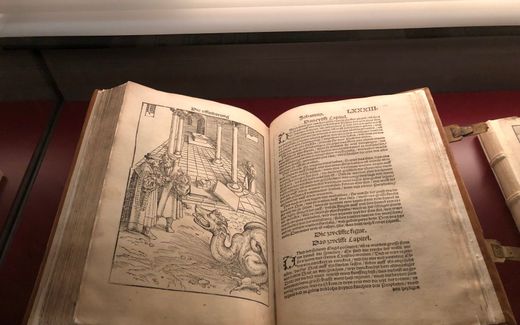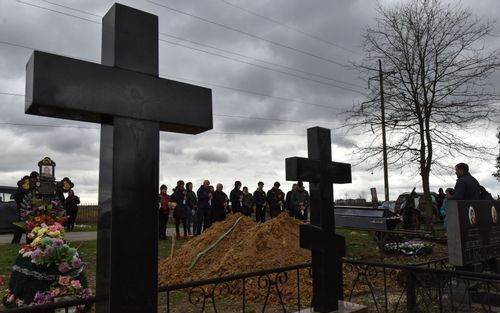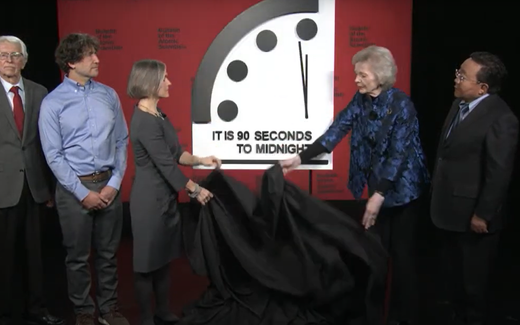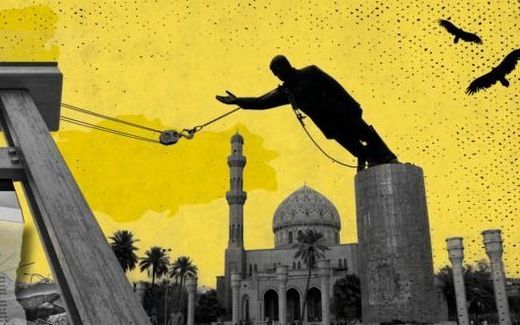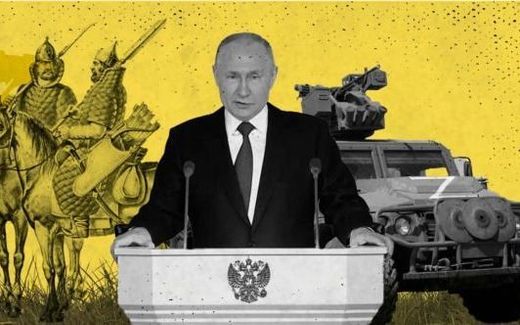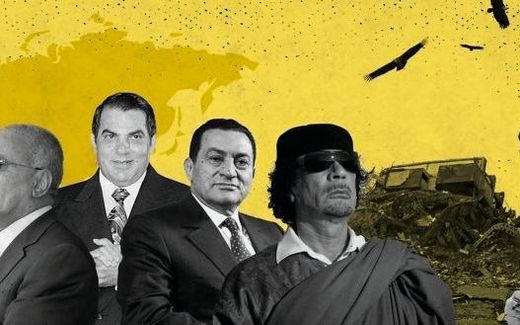What if Doomsday is really close?
29-04-2023
Opinion
Jacob Hoekman, RD
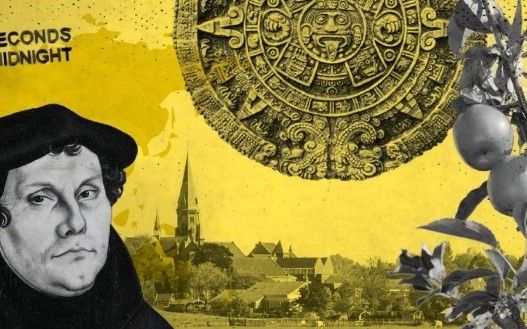
Photo Corné van der Horst
Opinion
It already caused schisms in Paul's time, and it is no different today. The question of whether the world is rapidly coming to its end rears its head today, perhaps more strongly and widely than ever before.
The question is certainly not new. In the breadth of the Christian world, in particular, there is an extensive tradition of announcements of the end of the world. These have just as often proved false, but that has never stopped people from making new attempts.
Us vs them
Journalist Jakob Hoekman researches history to find answers to difficult questions related to the news.
One of the first in Christian history to make the last days a cornerstone of his theology was Montanus, the 2nd-century founder of Montanism. Montanism pretty much floated on eschatological expectations. Montanus saw himself as the "paraclete" and was convinced that the new Jerusalem could descend at any moment in Phrygia in what is Turkey today.
Intersection
The same was true of the well-known church father Tertullian, who lived at the intersection of the 2nd and 3rd centuries and converted to Montanism in his later life. He expected the millennial kingdom and, thus, the beginning of the end to dawn in the year 500.
This article would become too long if I were to list others here. Still, anyone interested would do well to read the very informative book "Dag noch uur" (Day nor hour) by J.W. Embregts. The Dutch author delved extensively into the world of end-time prophecies and counted no fewer than 1,200 of them.
Explorers
Well, one more then. What about Martin Luther? He spoke on several occasions about the end of the world - although sometimes he was more adamant than others.
So he came up with the year 1558, but also, remarkably, with the year 2040. The latter is especially remarkable because it was so far away from his time. The vast majority of end-time explorers keep it closer to home.
But Luther is not alone in this. Isaac Newton, the famous physicist around 1700, also thought of our own 21st century based on numbers in the Bible book of Daniel. According to him, 2060 would be the year of the Second Coming.
In our time, Luther and Newton have gained many kindred spirits on this point. Among them are obscure sect leaders but also serious theologians and Bible researchers. For instance, the Ambassadors of Christ network believes that Christ will return at the beginning of the third millennium after the crucifixion - i.e. around 2030.
The Hour
So there is no shortage of Christians expecting the Second Coming in the very near future. But Christians have no patent on the announcement of the youngest day. Non-Christian end-time predictions have also been around for centuries, and some of them also focus on our time. Around 2012, for instance, there was much ado in new-age circles around an infamous Mayan calendar, which stopped on 21 December 2012.
The same applies to predictions in Islamic eschatology, though not all Muslims adopt them. There are ahadith (sayings and behaviours attributed to Muhammad) that mention that Islam has been given a period of 1,500 years on Earth. After that, the Hour will come, as it is called in Islamic end-time prophecy. The Hour ushers in the judgement day.
We are currently living in the Islamic year 1444, so that would mean the Judgement Day will take place in 2079 at the latest. The fact is that significant wars, and especially the lingering war in Syria, are seen by many Muslims as a "sign of the Hour". According to Islamic lore, the final battle between Muslims and "Romans" (Christians) will take place in the Levant (Greater Syria) before the Hour arrives.
Doomsday Clock
In short, all kinds of religious sources (provided you go along with their specific explanations) place the end of the world roughly in our time. And the remarkable thing is that not only religious sources do this, but (and this is rather new) also utterly areligious activists and scientists.
Famous is the "Doomsday Clock", which was last adjusted by highly reputable scientists in January. That clock now stands at 90 seconds to midnight - and never before has it been so close to a global catastrophe. According to the scientists involved, this is because of the enormous danger from nuclear threats, climate change, disease outbreaks and disruptive technology. So it seems that, whoever you ask, there is greater unanimity about the impending end of the world than ever before.
Apple tree
Yet there are also differences. The Doomsday Clock offers no perspective on what then. The only remedy is for all of us to work together now to make the world safer so that the clock is set back.
This contradicts what the New Testament says about the last day. Those texts speak of vigilance but mostly of trust. It ends with John exclaiming in Revelation 22, "Come, Lord Jesus!" This is what the Bible breathes: Christ's coming does not mean the end but rather the beginning.
So what if it is tomorrow, after all? Then, to quote an apocryphal saying of Martin Luther, today is still a fine day to plant an apple tree.
Related Articles

